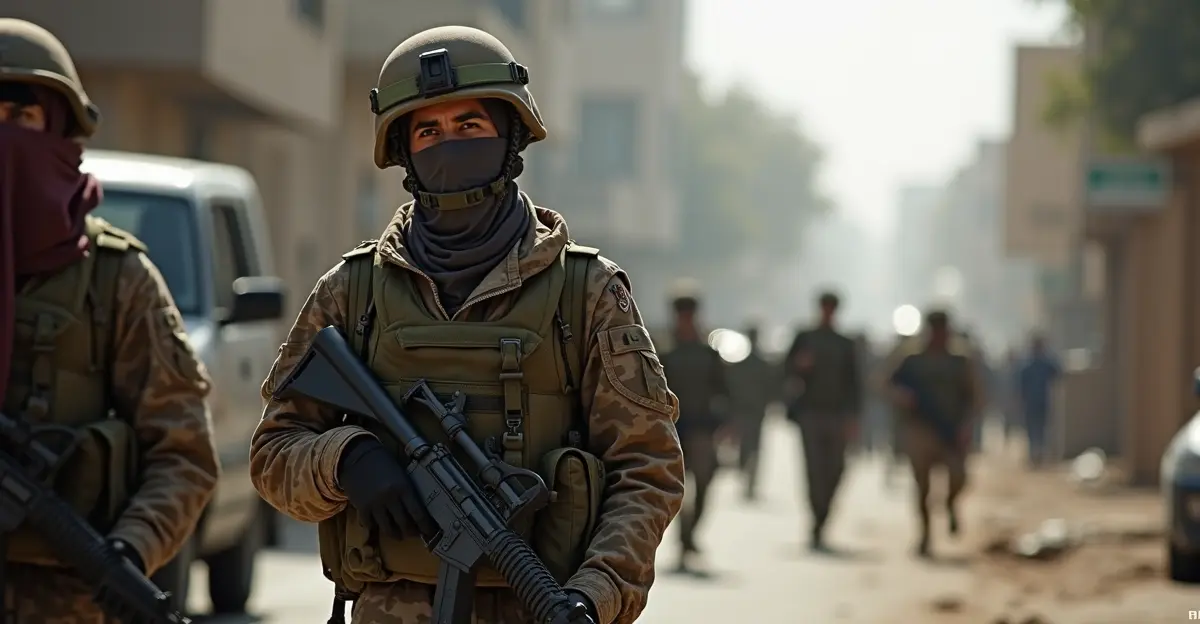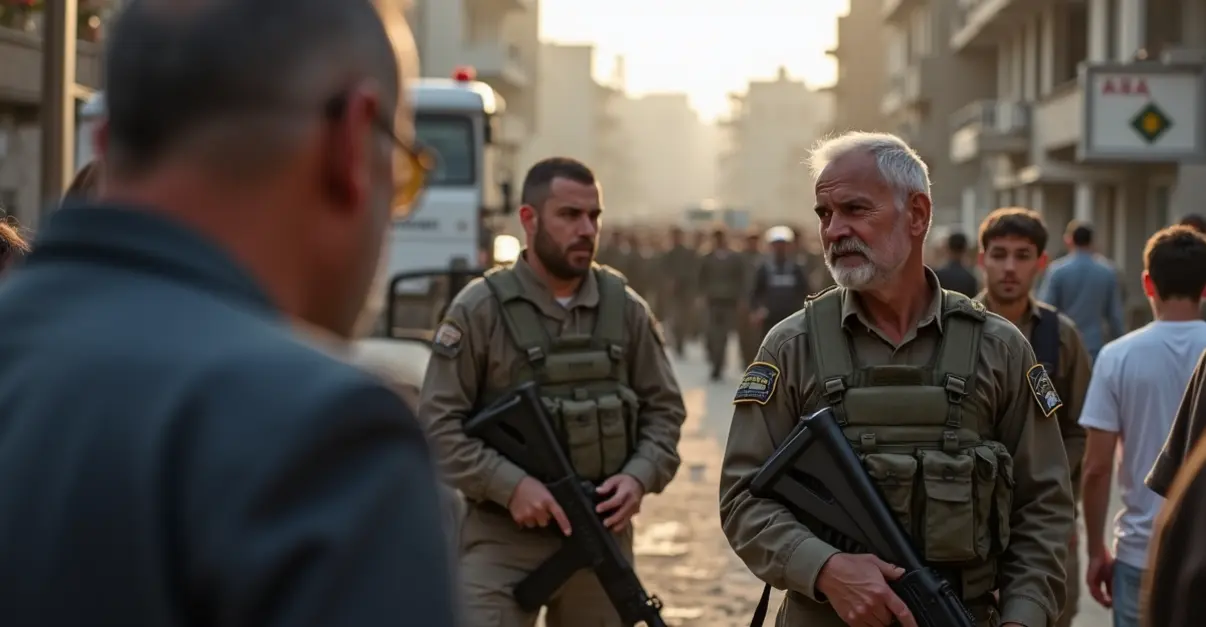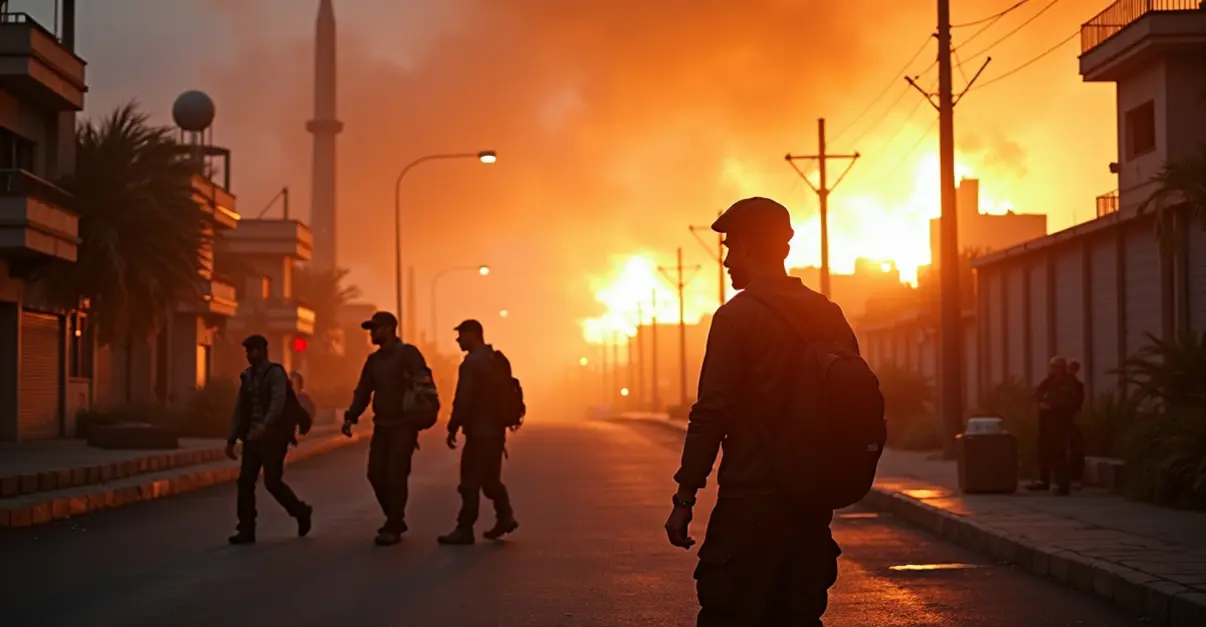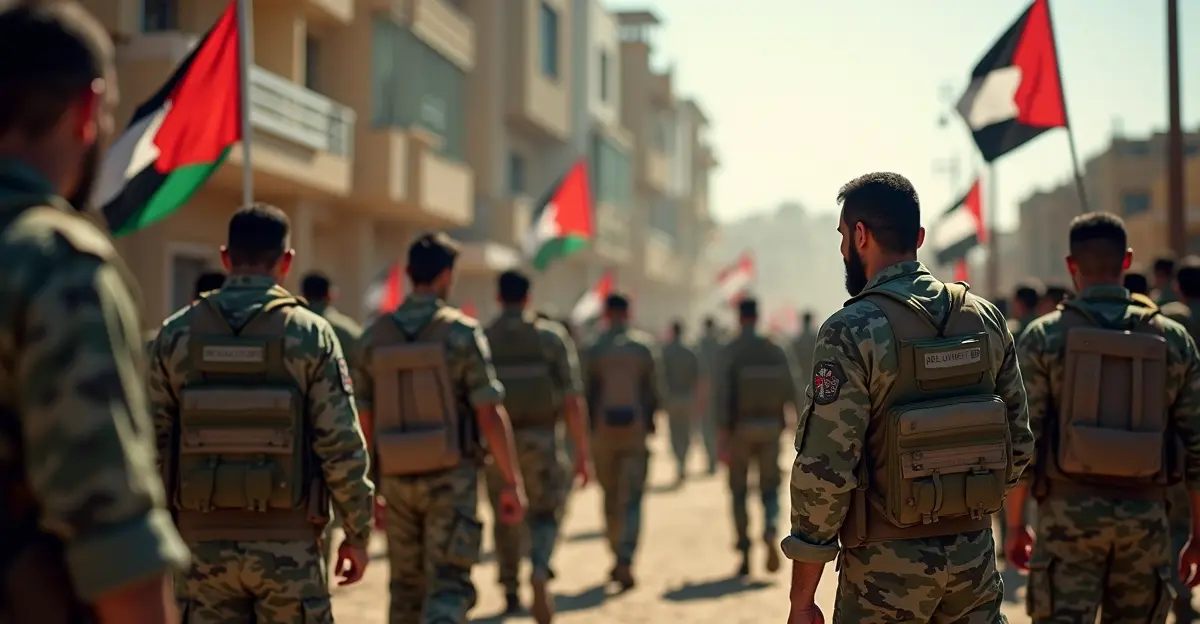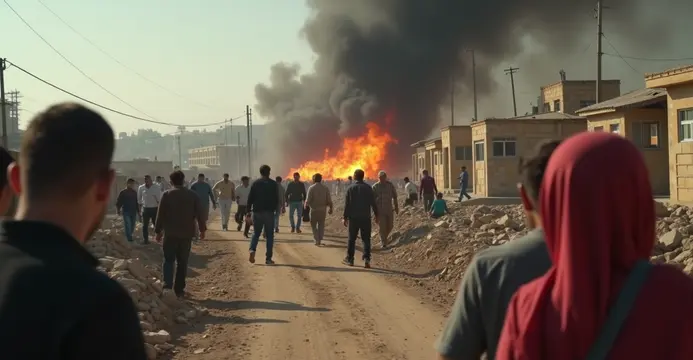Critical Gaza Peace Talks Launch in Egypt
High-stakes negotiations between Israel and Hamas have officially commenced in the Egyptian resort city of Sharm el-Sheikh, with former President Donald Trump declaring this represents a 'now or never' opportunity to end the devastating two-year Gaza conflict. The talks focus on Trump's comprehensive 20-point peace plan that aims to secure the release of remaining hostages and establish a lasting ceasefire.
Trump's Optimistic Push for Quick Resolution
President Trump has taken to social media to express confidence in the negotiations, stating 'I've been told the first phase could be completed this week already' and urging all parties to 'move fast'. His 20-point proposal calls for Hamas to release all remaining 48 hostages within 72 hours of Israeli acceptance, in exchange for Israel freeing approximately 1,950 Palestinian prisoners - including 250 serving life sentences and 1,700 Gazans detained since October 2023.
The plan, which Trump developed with Israeli Prime Minister Benjamin Netanyahu, also demands an immediate end to Israeli military operations and gradual withdrawal of Israeli forces to Gaza's borders. 'We are closer than ever before to the release of all hostages,' emphasized US Secretary of State Marco Rubio, while acknowledging significant hurdles remain.
Key Sticking Points and Challenges
Despite the optimistic tone from American officials, several critical issues threaten to derail the negotiations. Hamas has expressed concerns about the logistical feasibility of releasing all hostages within three days, particularly given that only 20 of the 48 hostages are believed to be alive. 'Some of the deceased are buried in areas currently occupied or under attack by Israeli forces,' explained a Hamas spokesperson.
The prisoner exchange details also present complications. Israel maintains a list of 303 Palestinian prisoners eligible for release under the life sentence category, but Hamas is expected to demand the freedom of prominent figures like Marwan Barghouti, who is serving five life sentences for terrorism convictions that Israel considers non-negotiable.
Perhaps the most contentious issue remains Hamas's future role and disarmament. Trump's plan calls for complete demilitarization of the militant group and establishment of Gaza as a 'deradicalized terror-free zone' governed by a temporary technocratic Palestinian committee under international oversight. However, Hamas has historically refused to disarm and maintains that Palestinians should retain control over their territories.
Military Situation Complicates Negotiations
While negotiations proceed, the military situation on the ground remains volatile. Despite Trump's call for Israel to halt attacks to facilitate hostage releases, Israeli strikes continued over the weekend, resulting in dozens of Palestinian casualties according to hospital sources in Gaza. 'Until yesterday, there was no sign of a pause in the Israeli military offensive in Gaza,' reported Nasrah Habiballah, correspondent for Israel and Palestinian Territories. 'Bombings are still being reported and people are still not allowed to return to Gaza City.'
The ongoing violence underscores the fragile nature of the negotiations and the challenges facing mediators. As the conflict approaches its two-year anniversary, Gaza Health Ministry data shows over 67,000 Palestinians have been killed since October 2023, averaging 92 deaths per day including 27 children daily.
International Involvement and Next Steps
The negotiations in Sharm el-Sheikh represent the most advanced effort to date to resolve the Gaza conflict. Egypt, which has historically played a key mediation role in Israeli-Palestinian conflicts, is hosting the indirect talks between the delegations. The Hamas delegation arrived first, led by exiled Gaza leader Khalil Al-Hayya, with the Israeli team including Mossad and Shin Bet officials expected to join later.
International observers are watching closely, with Iran expressing readiness to participate in Trump's ceasefire plan and regional partners potentially providing guarantees for compliance. The framework allows for progressive Israeli withdrawal as security conditions improve, with provisions to proceed with aid and governance in terror-free areas even if Hamas rejects certain elements of the proposal.
As Nasrah Habiballah noted, 'There were hopeful reactions this weekend from both Palestinians and Israelis. In Gaza, people took to the streets dancing, and among the families of the hostages there were banners thanking Trump. That for the first time in months they are so close to a possible agreement creates optimism, but cautious optimism.'
The success of these negotiations could mark a turning point in one of the most protracted conflicts in modern Middle East history, though all parties acknowledge that significant obstacles remain before any comprehensive agreement can be reached.

 Nederlands
Nederlands
 English
English
 Deutsch
Deutsch
 Français
Français
 Español
Español
 Português
Português





